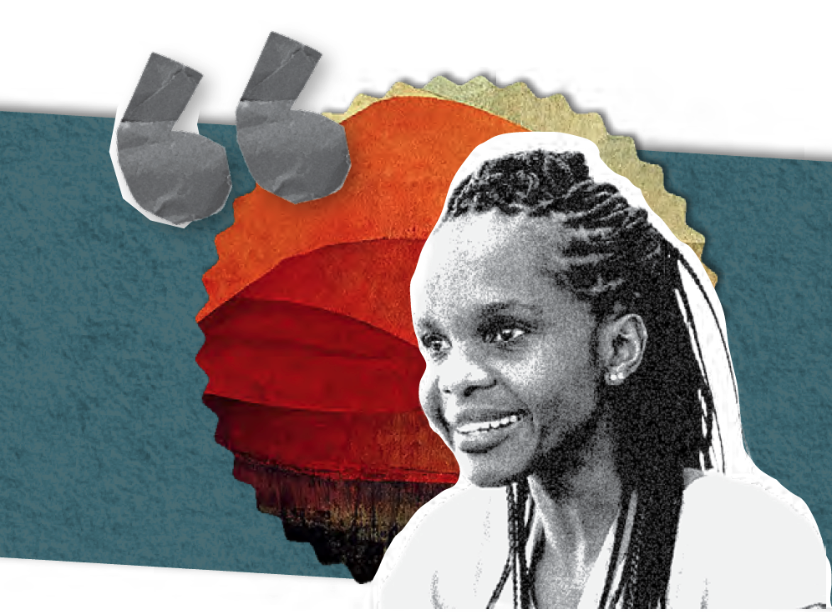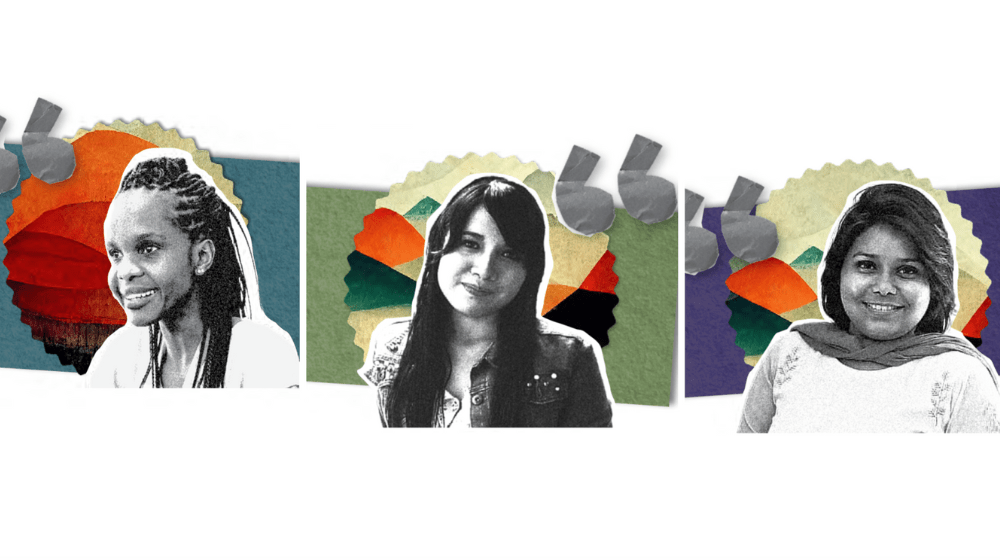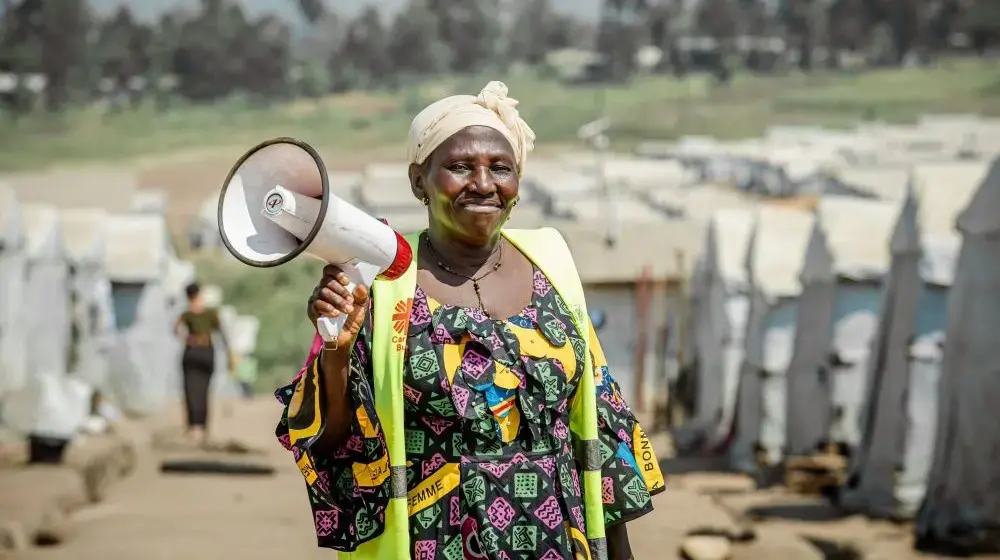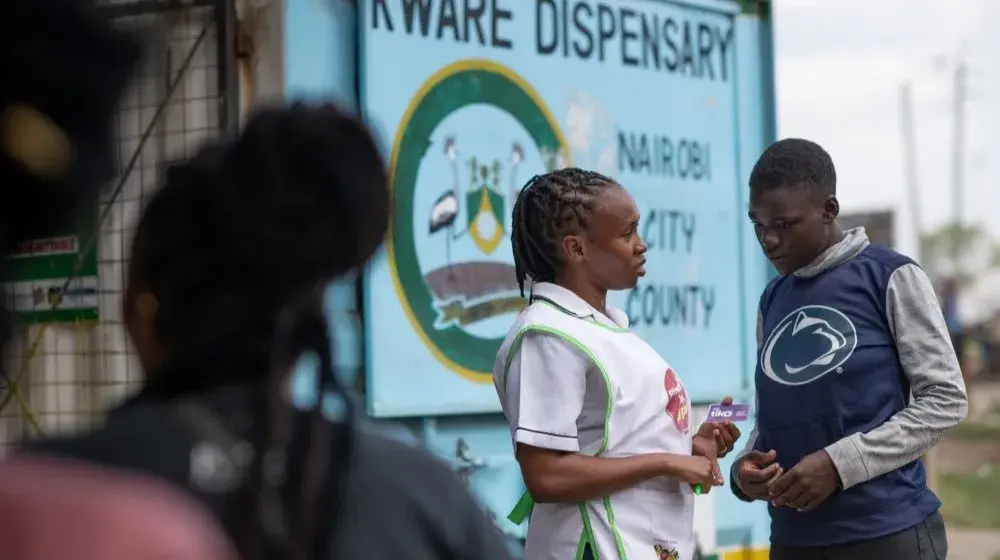UNITED NATIONS, New York – The Summit of the Future has begun: World leaders are converging on New York City at UN Headquarters to forge a new international consensus on how to respond to the global climate crisis.
Among the participants will be dozens of youth activists representing the interests of their generation, which – despite doing little to cause climate change – will be most vulnerable to its consequences.
As global temperatures have risen, so have young people’s concerns about the future. Surveys show three quarters of youths worldwide fear the impact climate change will have on their lives and livelihoods.
But youth leaders are combating this anxiety with action, especially by advocating for sexual and reproductive health and rights to stay front and centre in climate change mitigation and response efforts. Research makes plain that sexual and reproductive health care and rights are essential for enabling women and girls to cope with climate disasters. Failure to prioritize sexual and reproductive health and rights – including protection from gender-based violence – is projected to have catastrophic impacts on the most vulnerable women and girls.
UNFPA, the United Nations sexual and reproductive health agency, spoke to youth activists to spotlight their priorities for global action on the climate crisis.
Imali Ngusale

Imali Ngusale has seen first-hand how the climate crisis directly impacts women and girls in her home country: “The floods in Kenya affected access to contraceptives among young women and girls in their reproductive age, which could lead to unintended pregnancies”.
Those experiences are supported by a wealth of research: Climate change is known to be a risk multiplier for women and girls. “Climate change has disrupted our agricultural systems and this has led to food scarcity in Kenya and other countries in Africa,” Ms. Ngusale added. “Food scarcity has a ripple effect, because it impacts maternal health and increases the risk of adverse pregnancy outcomes.”
To find lasting solutions, Ms. Ngusale is calling for world leaders to engage with her generation.
“Tackling the complexities of the climate crisis requires out-of-the-box-thinking and a novel approach, and youth are wired for this because of their adaptability to a diverse range of ideas,” she told UNFPA.
This year, with the support of UNFPA and other youth activists in Africa, Ms. Ngusale co-founded the African Center For Health, Climate and Gender Justice Alliance (ACHCGA), an organization which seeks to increase youth engagement in climate action.
-----------------------
Read the original post here.




